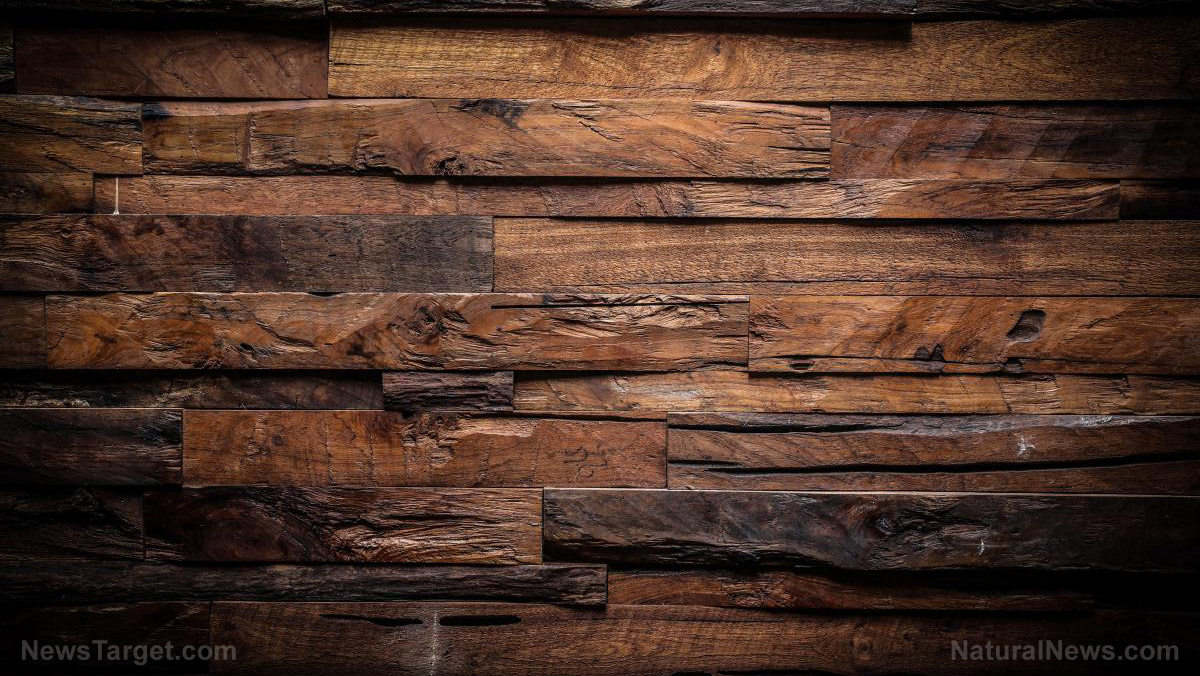Scientists develop “nanowood” that works like styrofoam for construction, but it’s lighter and stronger
04/08/2018 / By David Williams

Insulating materials such as styrofoam and certain types of plastics are certainly useful in many applications, but some of their properties make them a problem for the environment. For this reason, scientists are always on the lookout for alternative materials that can be used to replace them in the future. Now a team of engineers from the University of Maryland (UMD) has developed exactly the kind of replacement needed.
Based on information relayed in a news release from UMD’s official website, the team was able to create “nanowood” out of normal wood, and it has a remarkable strength that is greater than styrofoam while being more environmentally friendly. Indeed, the new material was deemed to be a lot more effective than current standard thermal insulators and has the potential to have a great impact on the environment.
According to Tian Li, a post-doctoral student with Liangbing Hu’s group in UMD’s department of materials science and engineering, nanowood is quite impressive. “This can insulate better than most other current thermal insulators,” she said. “It is extremely promising to be used as energy efficient building materials.”
It is said that wood can “conduct” heat right along the channels that are normally used to distribute water and nutrients from roots to leaves when a tree is still alive. The thing is that heat can’t seem to cross the wood grain if it is blocked in these channels. So from there, you can get the idea that by orienting wood in certain directions, you can make it either conduct heat or block it.

The researchers tried putting this idea to the test by measuring how much heat gets insulated. To do so, they measured the temperature from one side of the nanowood material, while exposing the other side of the wood to light as well as heat in two separate tests. What they found was that the nanowood material was able to isolate much better in both cases. In fact, they said that the nanowood was able to block at least 10 degrees more heat than typical styrofoam or silica aerogel. That’s particularly impressive since the latter has been awarded “best insulator” by the Guinness Book of World Records. (Related: Plastic containers are poisoning you and your family).
The engineers revealed that the secret to making nanowood, and perhaps the reason it’s so effective, lies in their removal of lignin. This is the part of trees that makes them brown and rigid, so without them, nanowood turns up white. The engineers also removed short fibers that normally tangle themselves within the cellulose fibers in the base structure of the wood, and this led to those same cellulose fibers to align and bond with each other for higher mechanical strength.
When they tried to crush the nanowood, the engineers found that it was facing one direction and could be 30 times stronger than commercially used thermal insulation materials like styrofoam, aerogel, or other cellulose-based foams. In short, it’s not just an effective insulator, it has the strength necessary to become a proper building material as well. It just needs the right application.
For now, the development of nanowood continues to be a work in progress. But if it is indeed as effective an insulator and as strong a building material that the engineers say it is, then it will surely become highly useful in the future.
See how plastics can be a danger to the environment in Pollution.news.
Sources include:
Submit a correction >>
Tagged Under:
This article may contain statements that reflect the opinion of the author





















